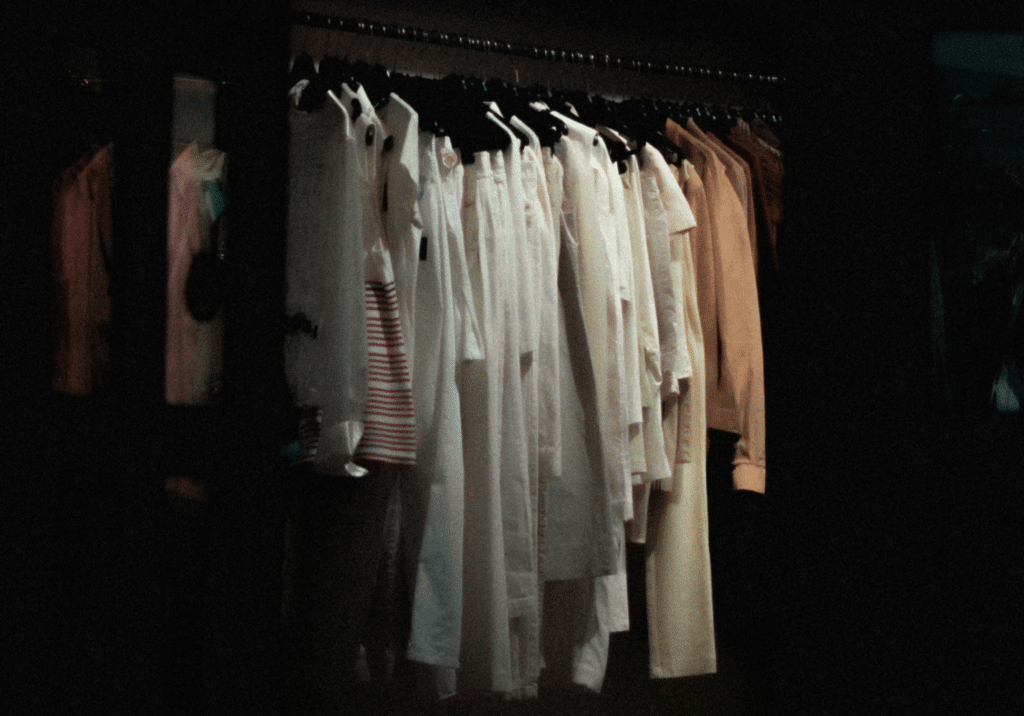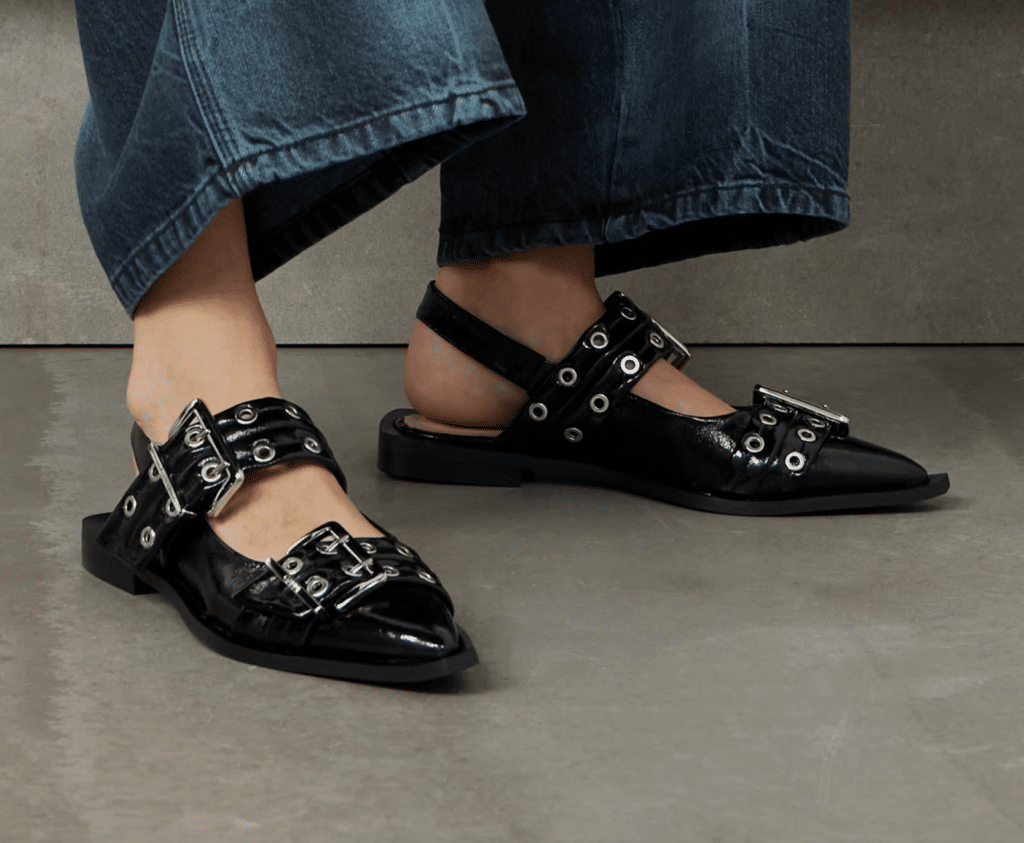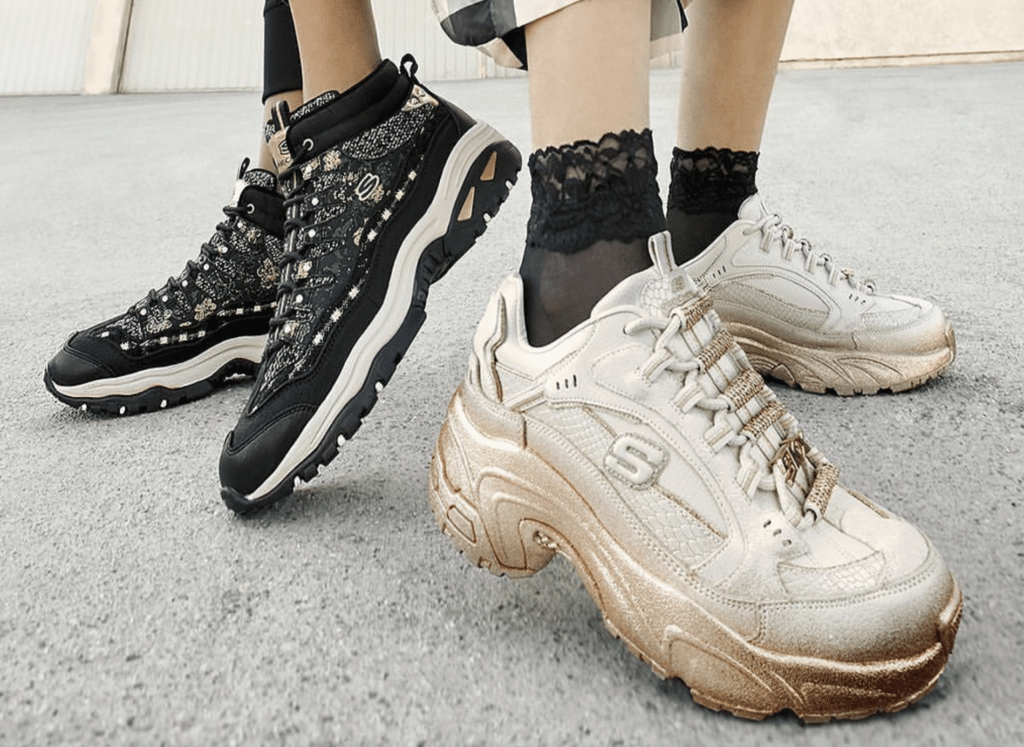A lawsuit over the resale of gaming hardware is likely worth watching for companies across industries, including fashion. According to the complaint that it filed in the U.S. District Court for the Eastern District of New York on November 1, Corsair Gaming, Inc. claims that Extreme Impact Corp. is running afoul of federal trademark law in connection with its unauthorized sale of Corsair products – namely, high-performance gaming hardware – on Amazon.com, and its misrepresentations about the “nature, characteristics, and qualities” of those goods, which have served to confuse consumers and harm Corsair’s brand reputation.
Setting the stage in its complaint, Corsair alleges that by way of its Amazin Sale shop, Extreme Impact Corp. has repeatedly sold Corsair-branded products on Amazon and marketed them as “new,” despite these items being “liquidated, used, or non-genuine products of unknown origin.” Because Extreme Impact has offered up Corsair products that were used, counterfeit, or otherwise unapproved for sale, they are not covered by the Corsair Warranty, the company maintains. This further complicates the scenario, according to Corsair, as Extreme Impact misleading customers into believing they are purchasing genuine and “new” Corsair products when, in reality, it is selling “materially different products.”
As for why the products are “materially different,” that is because they do not come with Corsair’s warranty, the company contends. By advertising “new” Corsair products to consumers, Extreme Impact “falsely represents and/or creates the false impression that the products are accompanied by the corresponding Corsair Warranty.” Corsair asserts that only products sold directly by the company, itself, or by authorized retailers are covered by its warranty, and thus, the goods offered up by Extreme Impact “are not covered – and cannot be covered – by the Corsair Warranty.”
At the same time, Corsair states that Extreme Impact’s allegedly unauthorized listings violate Amazon’s “new” product guidelines, which mandate that in order to advertise a product as “new,” it must carry the manufacturer’s warranty.
Not finished there, Corsair claims that Extreme Impact is manipulating its customer feedback on Amazon to appear more reputable than it is. For instance, it argues that the company is “purposefully hiding poor reviews by falsely reporting these reviews as being the fault of the fulfillment service,” as when “reported in this manner, the review does not count towards the seller’s feedback score.” In short, Corsair argues that Extreme Impact is “purposefully suppressing honest negative reviews it has received from customers” and “artificially inflat[ing] … its positive feedback score, further misleading consumers and creating an unfair competitive advantage over genuine Corsair resellers.”
With the foregoing in mind, Corsair sets of claims of trademark infringement, false advertising, false designation of origin, and unfair competition, and is seeking injunctive relief to bar Extreme Impact from continuing to use the Corsair trademarks and listing Corsair-branded products on Amazon without authorization. Additionally, Corsair is seeking compensation for lost revenues, an accounting of Extreme Impact’s profits, and statutory damages of up to $2 million per infringed trademark.
THE BIGGER PICTURE: Hardly a fashion case, the lawsuit is, nonetheless, worth watching as companies in the fashion, luxury, and even sportswear segments look to clamp down on the unauthorized sales of trademark-bearing products in the face of protections provided to resellers. The allegations in case at hand – specifically Corsair’s focus on the lack of warranty for products sold outside of its chain of distribution and the resulting “material differences” embodied in such goods – provide a clear example of how companies are looking to get around such defenses, such as the first sale doctrine. (Other cases that shed light on these control-centric strategies have been waged by Chanel, Otter Products, and Toms, among others.)
More broadly, the budding lawsuit underscores the ongoing struggles brands (including those in the fashion and luxury segments) face on e-commerce platforms to protect their trademarks (and the values conveyed by such marks) and in many cases, exercise control over the distribution of their products. It also highlights the risks unauthorized sellers face when engaging in practices that may mislead consumers regarding product authenticity and quality.
The case is Corsair Gaming v. Extreme Impact Corp., 1:24-cv-07675 (EDNY).











